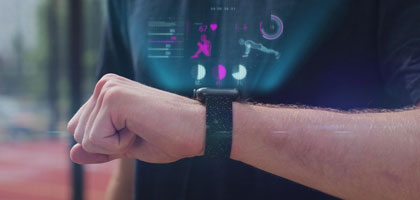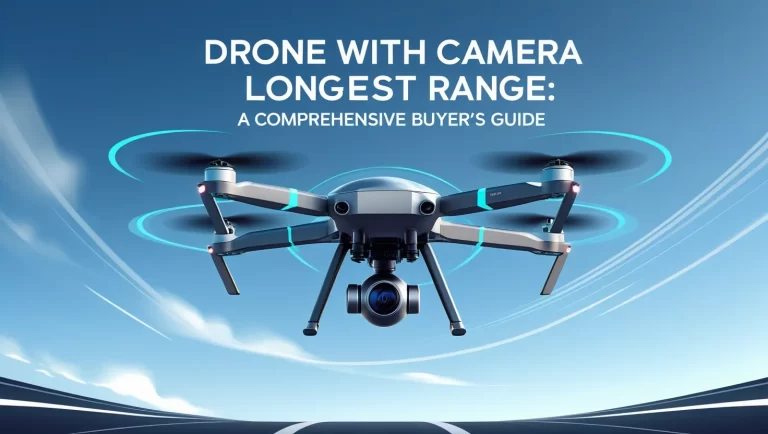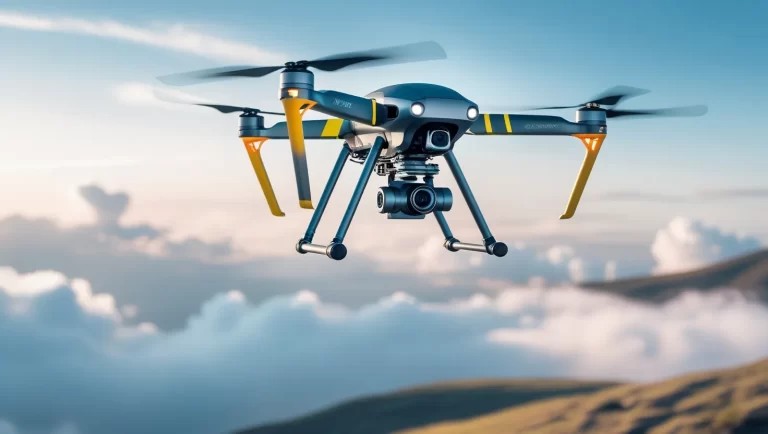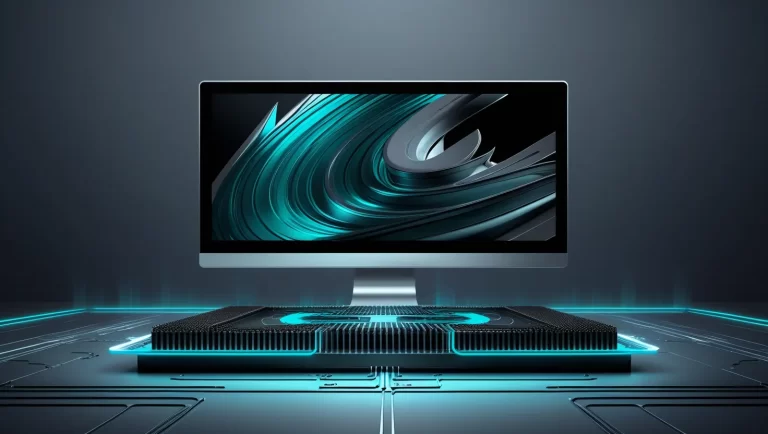
Smart Technology Health Solutions: Improving Patient Care and Well-being-In the rapidly evolving landscape of healthcare, smart technology health solutions are making a profound impact on patient care and overall well-being. From wearable devices that monitor vital signs to telehealth platforms that facilitate virtual consultations, these innovations are transforming how we approach health management. In this article, we’ll explore the various ways smart technology is enhancing patient care and improving health outcomes.
The Rise of Wearable Health Devices

One of the most visible advancements in smart technology health is the proliferation of wearable devices. Smartwatches and fitness trackers have become commonplace, offering users the ability to monitor their health metrics in real-time.
Continuous Monitoring
Wearable devices can track a variety of vital signs, including heart rate, blood pressure, and even blood oxygen levels. This continuous monitoring allows individuals to gain a better understanding of their health and detect potential issues before they escalate. For example, a smartwatch may alert a user to an irregular heartbeat, prompting them to seek medical advice promptly.
Promoting Healthy Lifestyles
Beyond monitoring, these devices often come equipped with features that encourage healthier lifestyles. Many wearables provide personalized fitness goals, reminders to move, and insights into sleep patterns. By promoting physical activity and better sleep hygiene, smart technology health solutions empower users to take charge of their well-being.
Telehealth and Remote Patient Monitoring
The COVID-19 pandemic has accelerated the adoption of telehealth, and in 2024, it has become a cornerstone of healthcare delivery. Smart technology health solutions are at the forefront of this shift, offering patients convenient access to medical care from the comfort of their homes.
Convenience and Accessibility
Telehealth platforms allow patients to consult with healthcare providers via video calls, reducing the need for in-person visits. This convenience is especially beneficial for individuals with mobility issues, those living in rural areas, or anyone seeking immediate care without the hassle of travel. Smart technology health solutions ensure that essential services are just a click away.
Remote Monitoring for Chronic Conditions
For patients managing chronic conditions, remote monitoring devices play a crucial role. These devices enable healthcare providers to track patients’ health data continuously, allowing for timely interventions when necessary. For example, a diabetic patient can use a continuous glucose monitor that sends data to their healthcare team, helping to adjust treatment plans based on real-time information. (Read More: 5 Departments for Science Innovation & Technology in the Field of Nuclear Energy)
Artificial Intelligence in Health Management
Artificial intelligence (AI) is revolutionizing smart technology health solutions, offering innovative ways to enhance patient care and streamline operations.
Enhanced Diagnostics
AI algorithms are being used to analyze medical images, such as X-rays and MRIs, with remarkable accuracy. This technology can identify anomalies that may be missed by the human eye, leading to quicker and more accurate diagnoses. By supporting healthcare providers with advanced diagnostic tools, AI helps improve patient outcomes and reduce the burden on healthcare systems.
Predictive Analytics
In addition to diagnostics, AI is also being utilized for predictive analytics. By analyzing historical patient data, AI can identify trends and risk factors, enabling healthcare providers to intervene before serious health issues arise. For example, predictive models can alert clinicians to patients at risk of developing conditions like heart disease or diabetes, allowing for proactive management. (Read More: Adapting to Change: The Role of the Technology Acceptance Model in Digital Transformation)
Smart Health Apps for Personal Management

Smart technology health solutions have also given rise to a plethora of health apps that help users manage their well-being effectively.
Personalized Health Plans
Many health apps utilize data analytics to provide personalized health plans tailored to individual needs. For instance, a nutrition app might analyze a user’s dietary habits and suggest meal plans to meet specific health goals, whether it’s weight loss, muscle gain, or managing a condition like hypertension. By providing customized recommendations, these apps empower users to make informed choices about their health.
Mental Health Support
Mental health has gained significant attention in recent years, and smart technology health solutions are addressing this need. Numerous apps offer guided meditation, mood tracking, and virtual therapy sessions, making mental health support more accessible. These tools encourage individuals to prioritize their mental well-being and seek help when needed.
Robotics and Automation in Healthcare
Robotic systems are increasingly being integrated into healthcare settings, enhancing patient care and operational efficiency.
Surgical Precision
Robotic-assisted surgery is becoming more common, allowing for minimally invasive procedures with greater precision. Surgeons can perform complex operations with enhanced control, leading to reduced recovery times and improved patient outcomes. Smart technology health solutions are revolutionizing surgical practices, providing both patients and providers with significant benefits.
Automation of Routine Tasks
In addition to surgery, robotics are being utilized for various routine tasks in healthcare settings. Automated systems can handle medication dispensing, patient monitoring, and even disinfection processes, allowing healthcare staff to focus more on direct patient care. By streamlining operations, smart technology health solutions help improve efficiency in healthcare facilities. (Read More: How Laizan Network Technology is Shaping the Future of Connectivity in 2024)
The Future of Smart Technology in Health

As we look ahead, the future of smart technology health solutions holds even more promise. Innovations are continually emerging, driven by advancements in technology and research.
Integration of IoT
The Internet of Things (IoT) is poised to revolutionize health management further. By connecting devices and systems, IoT will enable seamless communication between patients and healthcare providers, ensuring that vital health data is readily available for informed decision-making.
Holistic Health Approaches
Moreover, there is likely to be a greater focus on holistic health approaches that consider physical, mental, and emotional well-being. Smart technology health solutions will increasingly integrate various aspects of health, providing comprehensive support for individuals on their wellness journeys.
Conclusion article Smart Technology Health Solutions: Improving Patient Care and Well-being
Smart technology health solutions are undeniably reshaping the future of healthcare. From wearable devices and telehealth to AI diagnostics and robotic assistance, these innovations are improving patient care and enhancing well-being. As technology continues to evolve, it empowers individuals to take control of their health and fosters a more proactive approach to wellness.
In this exciting era of health innovation, both patients and healthcare providers can benefit from the wealth of information and tools at their disposal. By embracing smart technology health solutions, we are not only improving health outcomes but also paving the way for a healthier future for everyone. Whether you’re a patient looking to manage your health or a healthcare provider aiming to enhance patient care, the possibilities are limitless.




